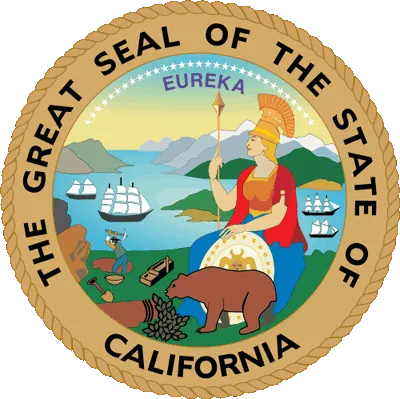 A California judge has dismissed a landmark lawsuit filed by casino-owning tribes against non-tribal “card rooms,” marking another setback in the tribes’ long-running effort to eliminate their main gambling competitors.
A California judge has dismissed a landmark lawsuit filed by casino-owning tribes against non-tribal “card rooms,” marking another setback in the tribes’ long-running effort to eliminate their main gambling competitors.
The dismissal by Superior Court Judge Lauri Damrell centered on a jurisdictional conflict, ruling that federal gambling law supersedes Senate Bill 549, a recent state law that had explicitly granted tribes the standing to pursue this case.
SB 549, signed by Governor Gavin Newsom last year, was intended to resolve a long-standing dispute over whether tribes hold exclusive rights to Las Vegas-style games in California. The tribes’ lawsuit, filed immediately after the law took effect, alleged that card rooms were illegally offering games such as blackjack and pai gow poker, thereby cutting into tribal revenues essential to their communities.
The card room industry, which provides significant tax revenue to several California cities, applauded the dismissal. Tribal leaders, however, strongly disagreed, vowing to appeal. James Siva, chairperson of the California Nations Indian Gaming Association, expressed frustration that the court had once again “sidestepped the actual merits of the case,” preventing tribes from having their day in court despite the legislature’s clear intent.
Online CA Casinos And Card Rooms
The State of California does not permit its tribal casinos or licensed card rooms to offer online gambling services. However, offshore online CA casinos operating outside the U.S. jurisdiction may legally accept players residing in California.
These international platforms typically feature a wide array of table games, including blackjack, roulette, baccarat, and poker. Many also offer live dealer tables, with buy-ins ranging from $1 to $50,000, depending on the site.
California Gambling Laws
Under California law, commercial gambling is strictly regulated, with only in-person card rooms authorized to operate within the state’s jurisdiction. These card rooms are permitted to host non-banked games, meaning the house does not have a stake in the outcome, and players compete against one another.
Casino-style gambling, including slot machines and house-banked table games, is restricted to tribal lands and governed by the Indian Gaming Regulatory Act (IGRA) of 1988. This federal legislation was enacted to support tribal sovereignty, promote economic development, and encourage self-sufficiency among Native American communities. As a result, tribal governments in California may operate casinos on federally recognized tribal land, subject to state-tribal compacts and oversight by the National Indian Gaming Commission.

